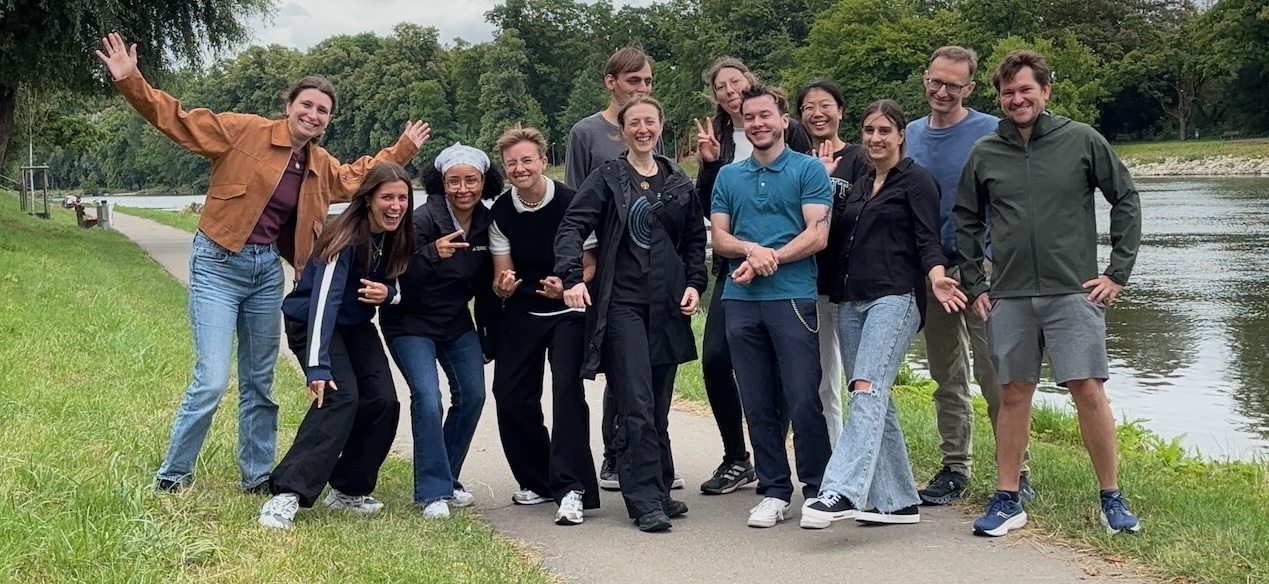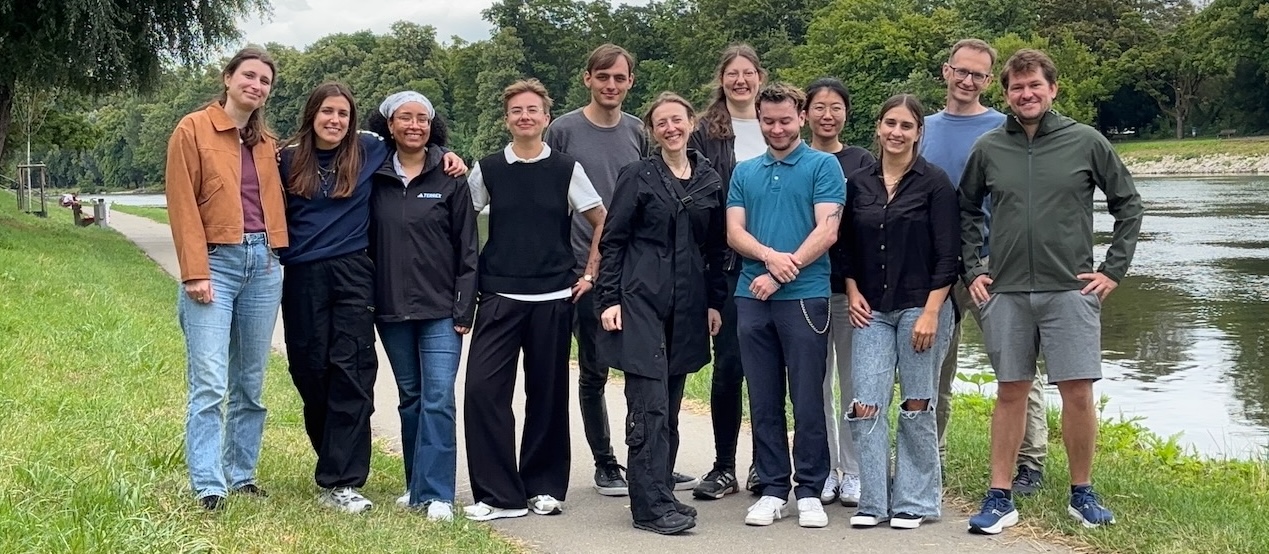
Wir sind eine freundliche, kooperative und dynamische Forschungsgruppe. Unsere Forschungsinteressen sind breit gefächert, aber durch das gemeinsame Ziel vereint, die Funktionsweise von Ökosystemen zu verstehen. Wir nutzen Experimente, um Einblicke in die Wechselwirkungen zwischen Pflanzen und zwischen Pflanzen und Böden zu gewinnen, die die Widerstandsfähigkeit und Resilienz von Ökosystemen gegenüber Störungen beeinflussen. Unser Ziel ist es, die Mechanismen zu identifizieren, die ökologischen Prozessen zugrunde liegen, um die Folgen des globalen Wandels besser zu verstehen.
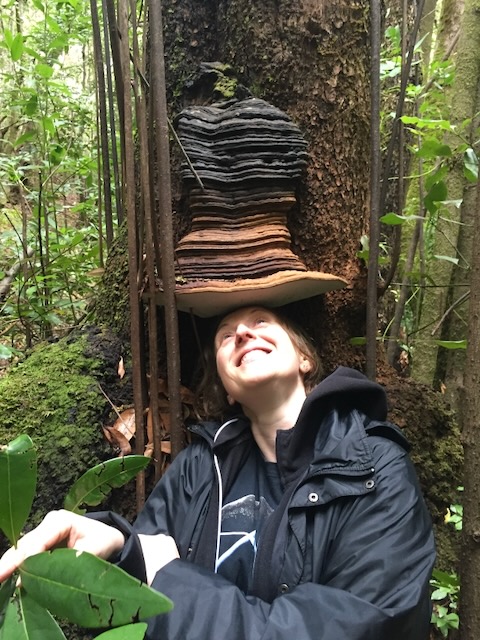
Prof. Emma J. Sayer
Raum number N25/5110
Telefon +49 (0)731/50-23300
emma.sayer(at)uni-ulm.de
Ich bin Ökosystemökologe, was im Wesentlichen bedeutet, dass ich mich für alles interessiere. Am glücklichsten bin ich, wenn ich in Wäldern arbeite, aber gelegentlich unternehme ich auch Ausflüge in Graslandschaften. In meiner Forschung untersuche ich, wie Ökosysteme funktionieren, wobei ich mich insbesondere auf die Wechselwirkungen zwischen Pflanzen und Böden sowie die Auswirkungen des globalen Wandels auf Ökosystemprozesse konzentriere. Ich nutze Ansätze aus den Bereichen Pflanzenökophysiologie, Vegetationsökologie, Bodenkunde und Biogeochemie in langfristigen Forschungsprojekten in Deutschland, Panama und Großbritannien. Darüber hinaus bin ich Senior Editor bei Functional Ecology und engagiere mich leidenschaftlich für die Wissenschaftskommunikation und das öffentliche Engagement mit Wissenschaft.
Veröffentlichungen auf ResearchGate und GoogleScholar
Dr Lion Schöpfer
Room number N25/5109
Telefon +49 (0)731/50-23312
lion.schoepfer(at)uni-ulm.de
I am an environmental scientist with a focus on soils, where I deal with topics related to environmental pollution and climate change. For example, I studied the biodegradation of microplastics in soil and ecotoxicological effects of microplastics on nematodes and earthworms, and the role of drained peatlands as carbon source. What drives me is the entire research process: formulating questions about complex phenomena, testing hypotheses using scientific methods, and ultimately gaining insights to better understand these phenomena. Not only do I enjoy analysing data from experiments, but I am also enthusiastic about working outdoors, for example, when it comes to examining soil profiles with all senses. I look forward to using my expertise in soil science to strengthen Emma's interdisciplinary research team and together learn more about plant-soil interactions and their response to global change factors.
Research interests: Global change, environmental pollution (e.g., microplastics), plant-soil-atmosphere interactions, soil biogeochemistry, soil biology, nutrient and carbon cycling in forest ecosystems
Publications on ResearchGate
Dr Judith Schepers
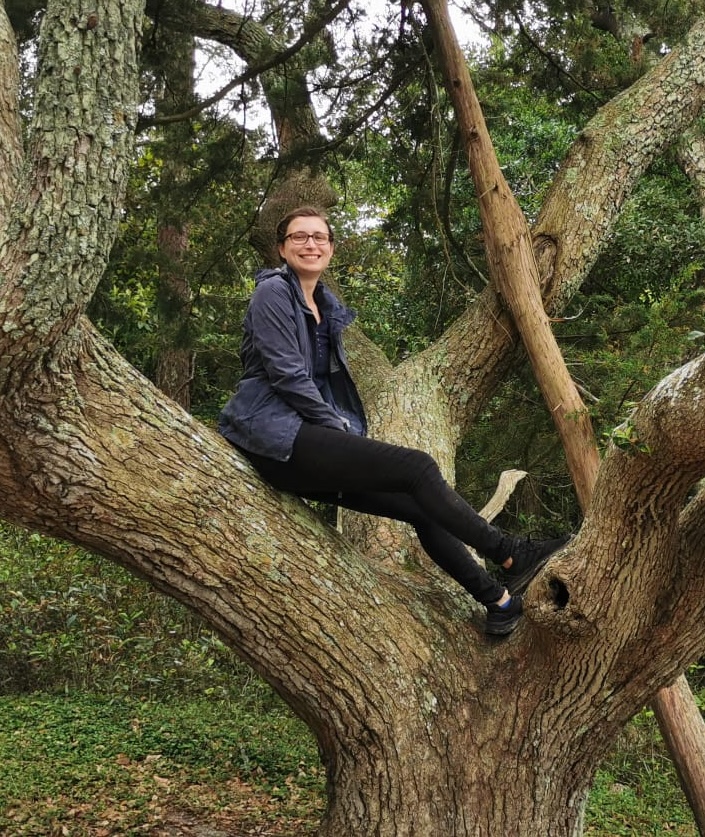
Room number N25/5109
Telefon +49 (0)731/50-23312
judith.schepers(at)uni-ulm.de
Driven by a deep curiosity about how plants adapt to changing environments, my research is all about understanding how plants respond to climate change, particularly how they adapt to heat and drought. I’m particularly interested in the mechanisms behind drought resistance, like the role of root exudates in plant-soil interactions. I love working in different ecosystems, trying to uncover strategies that enhance plant resilience. I'm passionate about applying my findings to tackle global environmental challenges.
Research interests: response of plants to climate change, adaptation to heat and drought, drought resistance, root exudates, plant-soil interactions
Publications on ResearchGate and Google Scholar
Dr Abby Wallwork
Room number N25/5107
abby.wallwork(at)uni-ulm.de
Publications on Google Scholar
My research is focused on the global importance of forests and the relationships between tree functional traits, soil biogeochemical cycling and atmospheric exchanges - specifically in the context of climate change. I'm driven by a deep curiosity about plant strategies to help us understand and predict ecosystem responses to global change, as well (almost) boundless enthusiasm for tropical forest fieldwork. The focus of my current role on the ReTRoForGE project (Refining Estimates of Tropical Forest Greenhouse Gas Exchange) is to determine how plant traits influence methane (CH4) and nitrous oxide (N2O) fluxes from soils and trees in tropical forests, and how these interactions are influenced by precipitation change. I feel incredibly fortunate to conduct fieldwork on Barro Colorado Island in Panama as a STRI fellow, as well as having the opportunity to work 50-m above the ground in the canopy of a tropical forest - thanks to STRI’s canopy crane at Sherman.
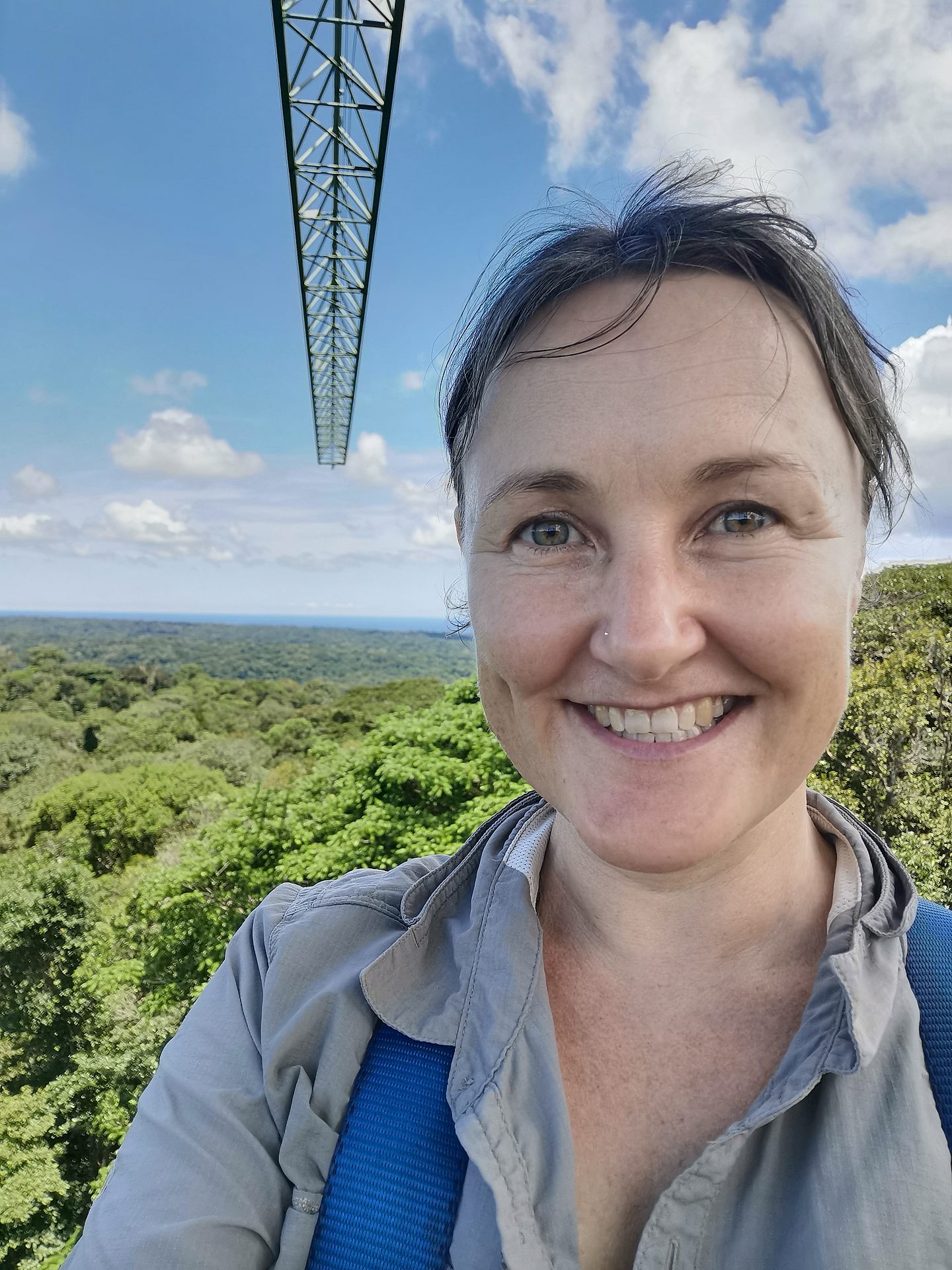
Clara Garcia-Sanchez
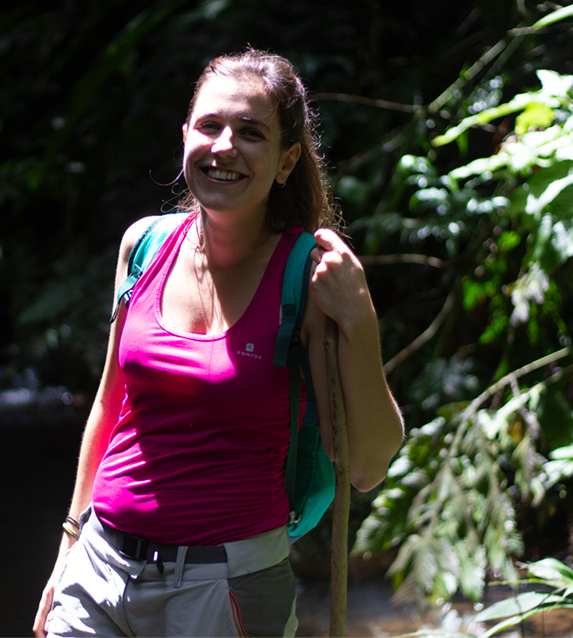
Room number N25/5108
Telephone: +49 (0)731/50-23315
clara.garcia-sanchez(at)uni-ulm.de
My fascination with nature, particularly the resilience of plants and ecosystems in harsh environments, drives my work as a technical assistant in the botany department. I find it rewarding to collaborate with like-minded colleagues and to deepen my understanding through hands-on technical experience.
Radim Sarlej
Room number N25/5108
Telephone: +49 (0)731/50-23315
radim.sarlej(at)uni-ulm.de
I have a deep interest in understanding natural processes and their interactions with climate. In particular, I focus on soil carbon storage, plant-soil interactions, and how these are affected by recent climate warming. I love spending time in nature and working in diverse ecosystems, often under challenging conditions. I also enjoy being in the lab, developing specific methodologies or constructing new measuring devices. When I am not exploring nature or in the lab, you can also find me in my garden, creating and nurturing (own) productive, biodiverse and climate-resilient ecosystem.
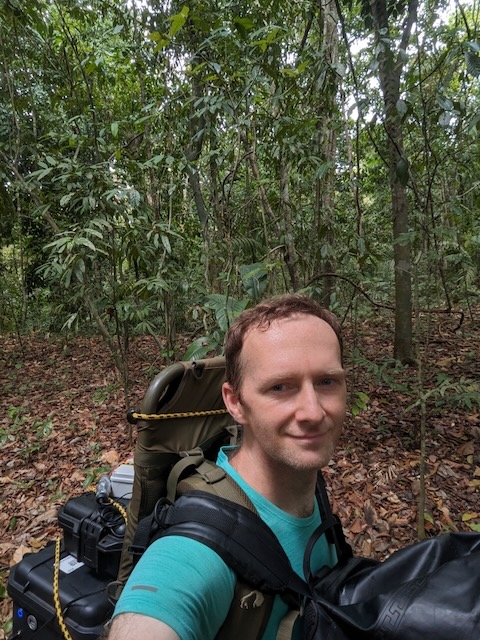
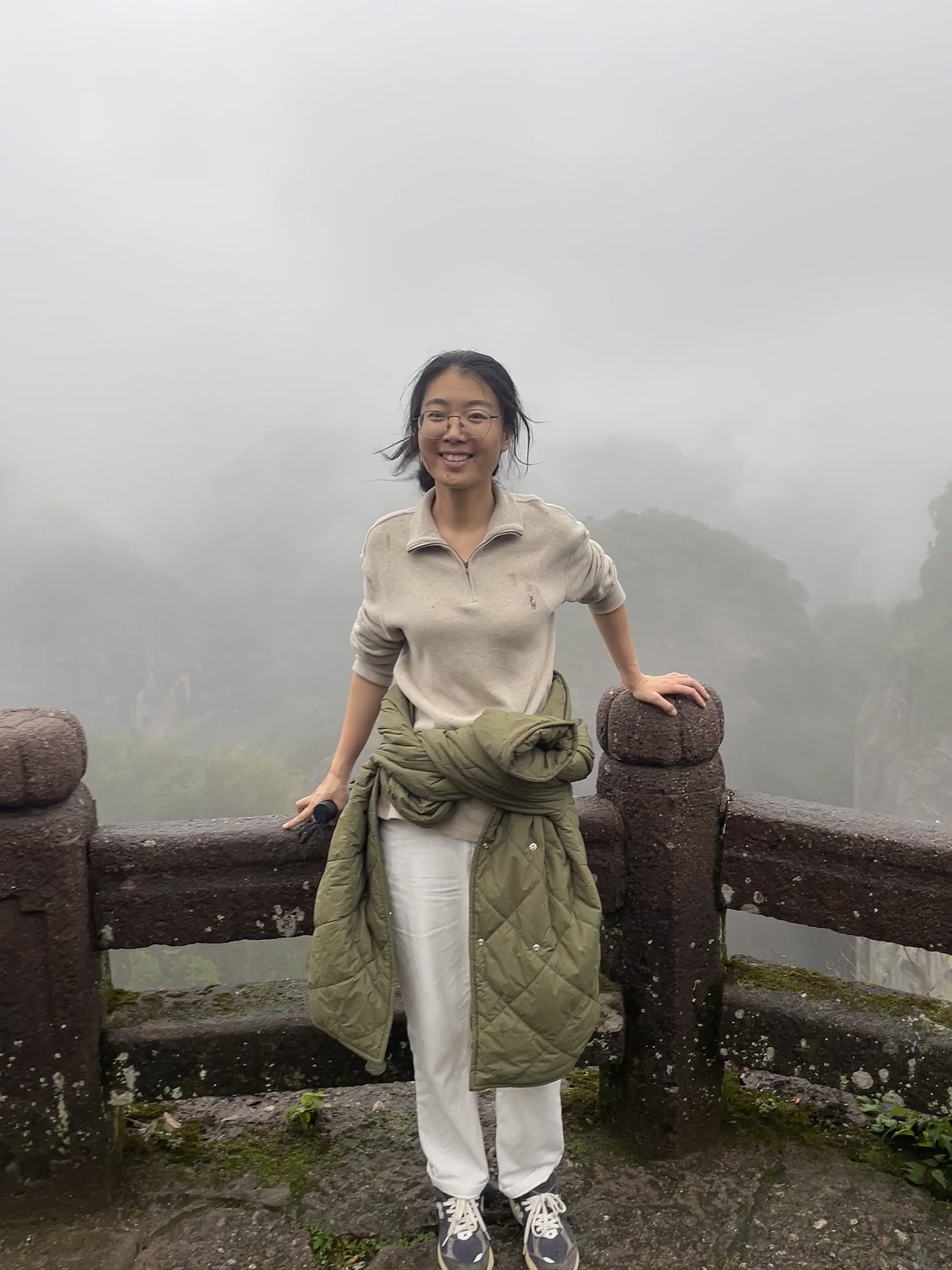
Hao Wang
Room number N25/5107
Telefon +49 (0)731/50-23310
hao-1.wang(at)uni-ulm.de
I am interested in forests, especially in plant-environment interactions, and my research focus is on the effects of above-ground and below-ground soil interactions on nutrient cycling, as well as how plants respond to and adapt to environmental changes. I also love nature, studying different ecosystems and exploring natural phenomena such as evolutionary adaptations that shape global vegetation structure, function and processes.
